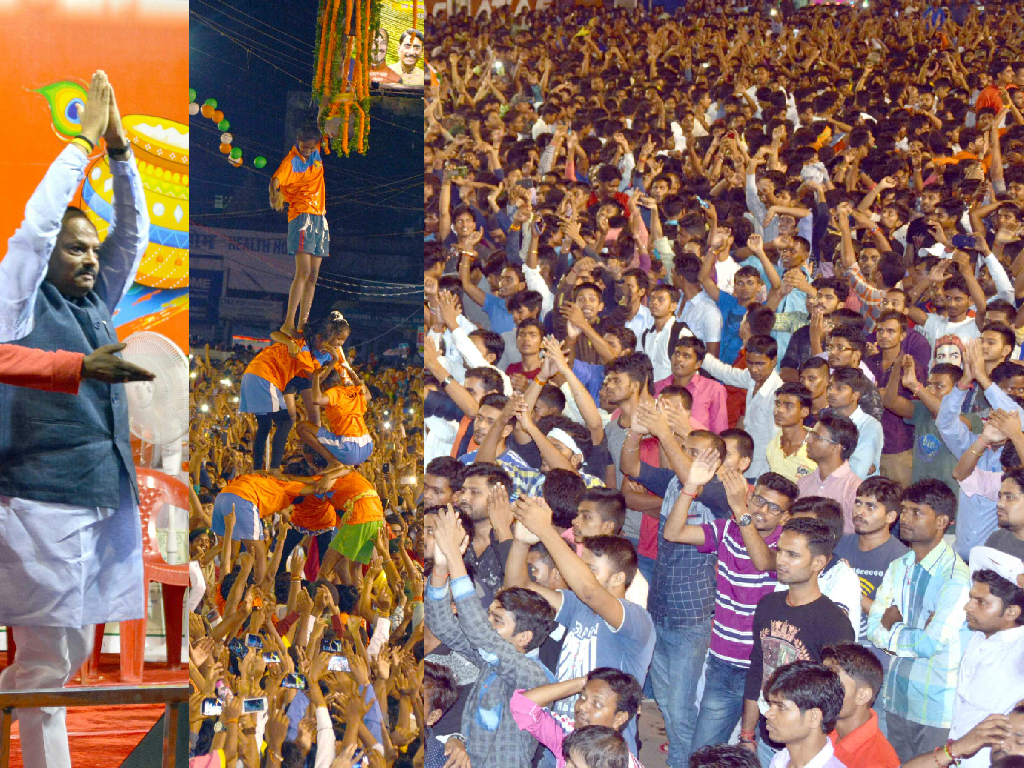Ranchi, Jharkhand 10 April 2014 :: Describing that death of a mother is one of the worst tragedies in life, Job Zachariah, Chief, UNICEF Jharkhand said that safe motherhood is the human right of every woman. ”Death of a mother is unacceptable and no mother should die giving birth. It is the responsibility of the society to ensure safe motherhood for every woman”, he added. Children are left motherless and vulnerable because of maternal deaths. Maternal health and child health are closely interlinked. Safe Motherhood Day is observed on 11 April every year. “Improving Maternal Health by Empowering Women” is the theme this year
Why mothers die
Mr. Zachariah said, “We know why mothers die giving life/birth. But we also know how maternal deaths can be prevented. More than one third (37%) of women die due to blood loss after delivery while others die of infection, unsafe abortion, high blood pressure, obstructed labour and other direct causes.
There are also social factors that affect maternal death like child marriage of girls, women illiteracy, anemia among women and poor birth spacing.
How to prevent maternal death
There are globally proven interventions to prevent maternal deaths. First, pregnant women need care, rest, nutritious food and health check-up. Mothers should take at least 100 IFA (iron goli), she should get vaccination to protect against tetanus, get her blood tested and blood pressure taken. There are many myths related to pregnancies. In some families pregnant women do not eat good food, fearing that it will lead to complications in delivery due to big size of the baby. Some do not consume iron tablet, fearing that babies will be born dark in colour. Many feel that home delivery is the best option.
Second important intervention to prevent maternal death is ensuring safe delivery in hospital. This will prevent deaths due to loss in blood after delivery and other delivery complications. Thirdly, mothers need health check-up after delivery.



